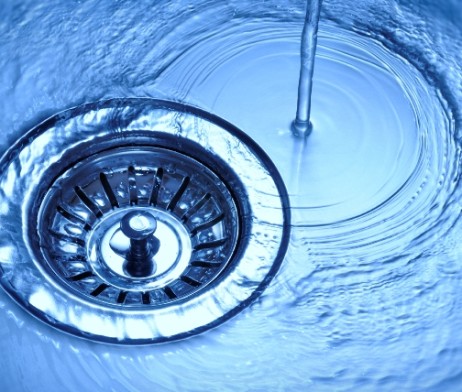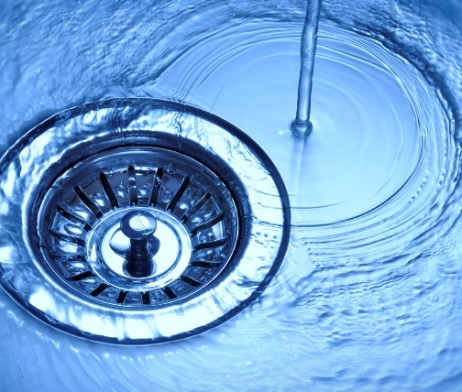Lead Pipes
Do You Have Lead Pipes in Your Home? Water mains in the UK are not…
Read more24 hr Emergency Callout

Blog
 Preventing clogged pipes is part of the landlord’s many responsibilities. The landlord must maintain the building in habitable condition and, unfortunately, that can involve sorting any problems with drains. If you leave your drains for long periods of time without regular maintenance, they can eventually become blocked. However, you can prevent this by regularly cleaning and maintaining your drains. Prevention really is the key word here. As the owner of Coastal Drains I’ve seen just about everything you can imagine end up in drains, and in some cases a blocked drain can be very costly for the owner of the property.
Preventing clogged pipes is part of the landlord’s many responsibilities. The landlord must maintain the building in habitable condition and, unfortunately, that can involve sorting any problems with drains. If you leave your drains for long periods of time without regular maintenance, they can eventually become blocked. However, you can prevent this by regularly cleaning and maintaining your drains. Prevention really is the key word here. As the owner of Coastal Drains I’ve seen just about everything you can imagine end up in drains, and in some cases a blocked drain can be very costly for the owner of the property.
So, to hopefully help save you some money I’ve provided some tips on what you can do to prevent damage or blockages to your pipes and drains. It would be a good idea to print these tips and hand a copy to your tenants to ensure they are aware of what they should be doing to prevent blockages.
If you have a pop-up stopper in your bathroom basin (many modern bathrooms do), they can be a factor in sink blockages. Pop-ups are very good at accumulating a build-up of soap scum, toothpaste and hair. These build-ups can lead to sink blockages and slow draining. Be sure to pull the stopper out of your drain regularly to give it a good clean as a preventative measure.
As a landlord, you can control what your tenants put down the drains but only to an extent. One of the best ways to reduce the amount of debris that your tenants may potentially wash down the drain is by using a drain guard, thereby restricting it. Drain guards allow water to sift through but they collect all debris including hair, food products, packaging and anything else that isn’t small enough to slip through the filter. The collected debris can then be disposed of in the rubbish bin.
It is easy to assume that the outside of your drainage system is working properly. When it comes to drains, people often think that the outside doesn’t need any attention. However, the gutters outside your property can also be full of debris and other blockages including mould, leaves, and moss. It is important to look over your gutters and, if need be, have them cleaned out every now and again. You can also give them a good scrub every few months to keep them in great form.
As an optional clause in your lease, you may wish to include a recommendation to treat the drains at least once a month with a mild drain cleaner to dissolve grease and keep the drains flowing. Make it clear that the purpose of this drain treatment is to prevent clogs, not to clear existing ones. Treating your drains monthly with an appropriate drain cleaner is a very effective way of ensuring that the health of your drains is maintained effectively.
Most tenants will perform basic plumbing maintenance willingly because they will want their pipes to keep working well. However, you can also set the conditions in the lease. Be very clear that you don’t want them to pour harsh chemicals down the drain, especially if the pipes are old as this may cause corrosion. Specifying plumbing maintenance responsibilities in a lease clause is good practice and can simplify a landlord’s life while empowering the tenants to deal with smaller problems themselves.
No matter how clear you are with your tenants about what is expected from them, clogs may still occur, despite your best efforts. Major problems which require disassembly of the pipes are best left to the professionals because a do-it-yourself job could make matters worse. Many landlords will have a dedicated maintenance professional or a relationship with a local plumber. Either way, it is wise to ensure you have an available contact for a professional who can fix the problem.
The tenant should be responsible for what they put down the drains but if you haven’t included a lease clause to cover any plumbing stoppages, it will be your responsibility to maintain the unit. This could mean fixing anything from clogged pipes, toilet stoppages, and garbage disposal freeze-ups. A properly worded clause will greatly reduce, if not eliminate, your responsibility to fix and pay for issues caused by your tenant.